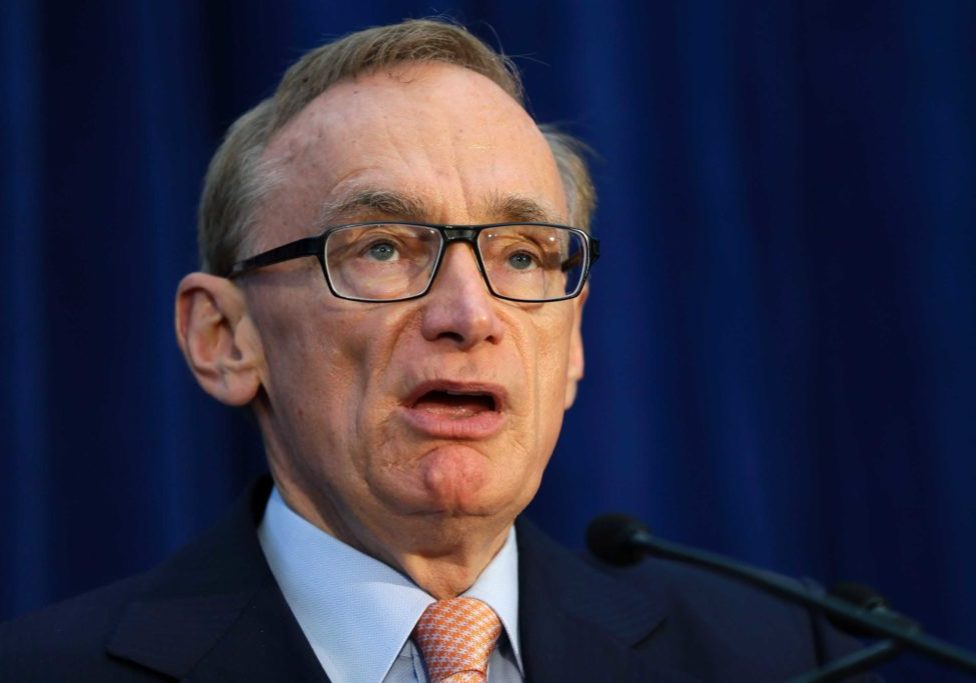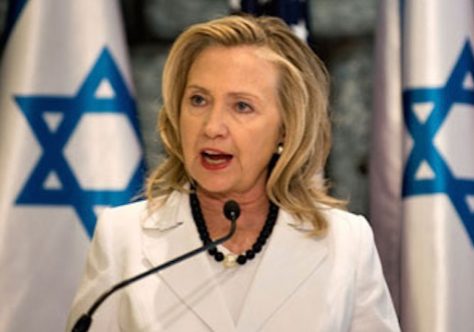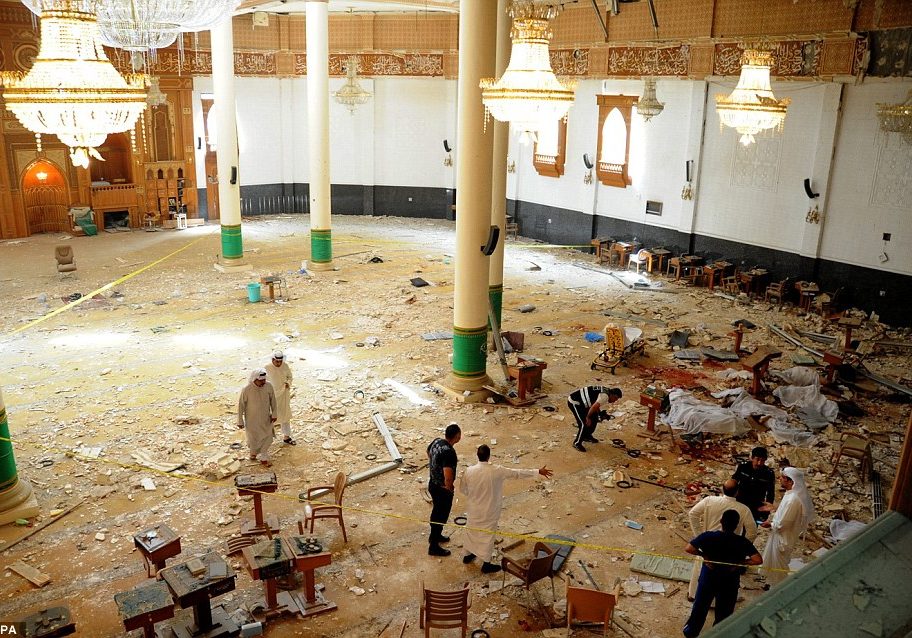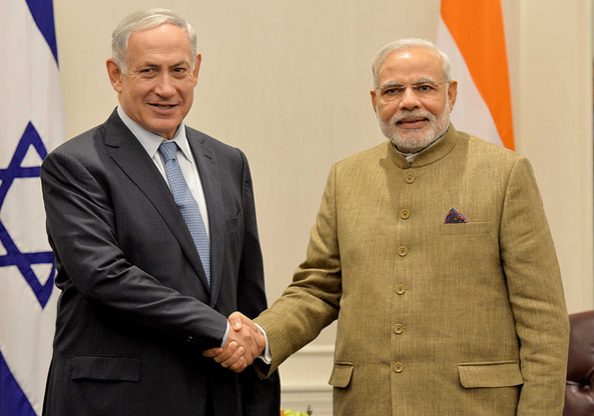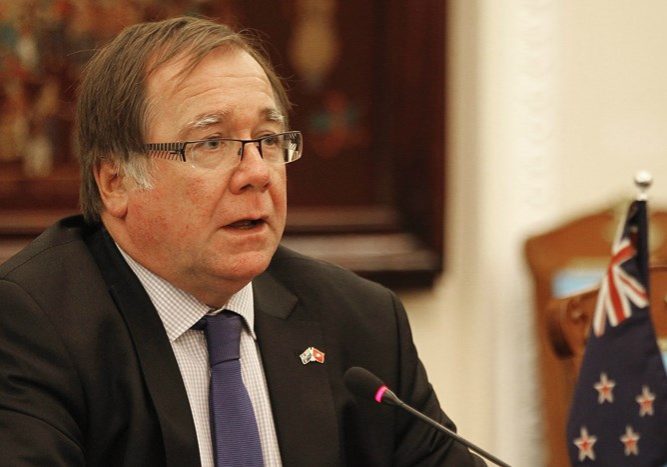
Questions about Iran nuclear deal inspection measures
July 24, 2015
As the debate about the JCPOA – the deal between Iran and the P5+1 powers on Iran’s nuclear program – continues, one key area of dispute on which discussion has centred is the effectiveness of the inspection mechanisms put in place to confirm Iranian compliance – especially as it relates to future allegations of Iranian clandestine nuclear work at an undeclared nuclear site.
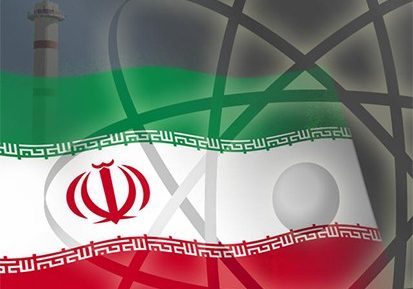
Is there “no alternative” – other than war – to the recently announced Iran deal?
July 17, 2015
US President Barack Obama gave a long media conference on Wednesday (Washington time) on the Iran nuclear deal announced Tuesday, in which he defended the deal, while admitting it had some shortcomings and would have some negative consequences, such as boosting Iranian support for Hezbollah and the Assad regime in Syria. His key point was this, “There really are only two alternatives here. Either the issue of Iran obtaining a nuclear weapon is resolved diplomatically through a negotiation, or its resolved through force, through war” while insisting that no better deal than the one reached was achievable. This Update is devoted to some replies to that claim (which is also the key claim generally made by most advocates of the agreement.)
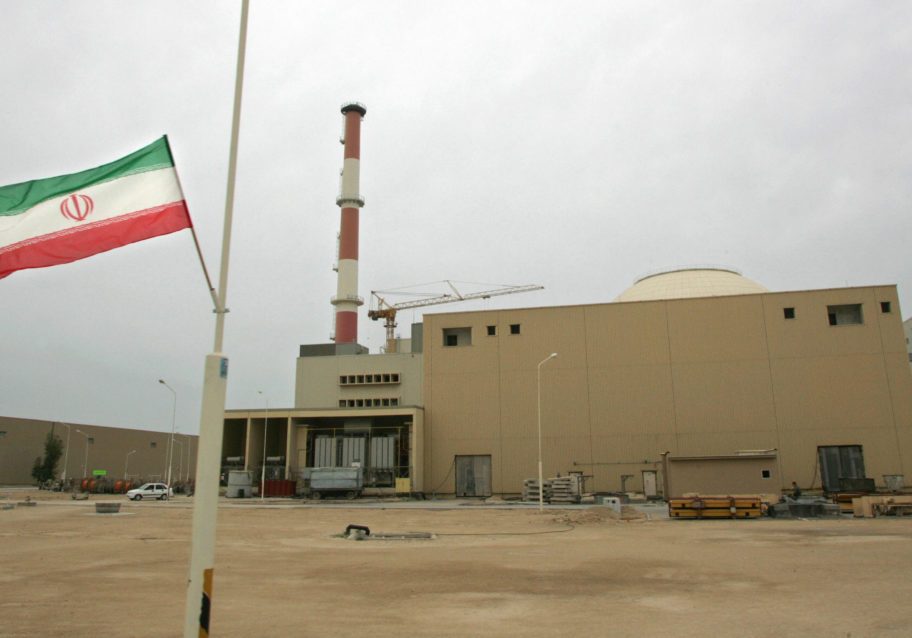
The Iran Nuclear Deal: The day after
July 16, 2015
As readers are no doubt aware, after years of negotiations a final nuclear deal between Iran and the P5+1 powers (US, UK, Russia, China, France and Germany) was announced yesterday. A White House summary of the key provisions of the deal is here, while the full 160-page agreement can be read here. This Update offers some analysis of the deal’s provisions and its implications, as well as a piece on the Israeli perspective of the deal.
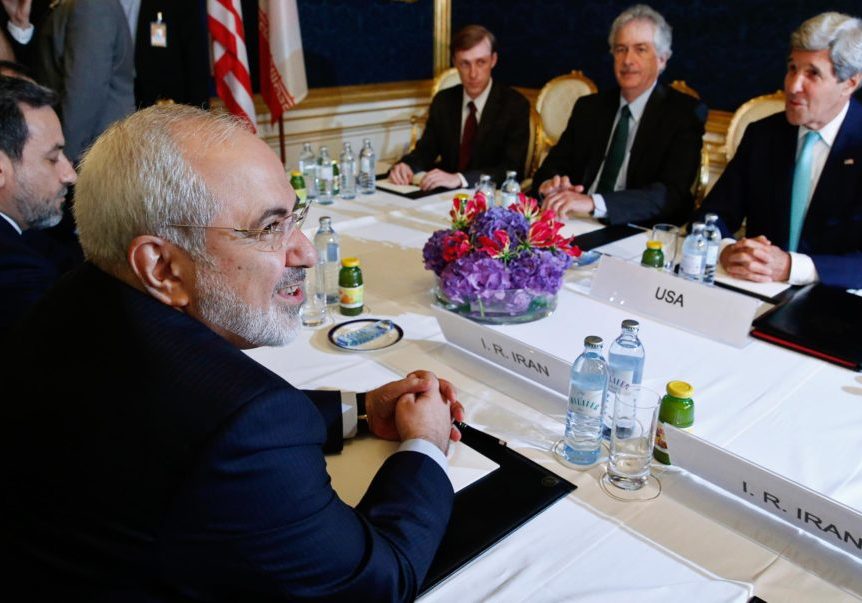
Another deadline passes in Iran nuclear negotiations
July 10, 2015
The extended deadline for finalising a nuclear deal in the P5+1 talks with Iran, scheduled to end yesterday after being extended from June 30 (and having previously been extended twice), has been extended again. While some reports say it is only for 72 hours, the White House is also apparently preparing public opinion for a third option: ongoing indefinite talks while keeping in place the November 2013 interim agreement.
Iran’s most recent new demand is reportedly that all arms embargoes on Iran must be ended as part of the deal.
This Update analyses this reality as well as some of the concessions that the US-led P5+1 has offered Iran to get to this point.

